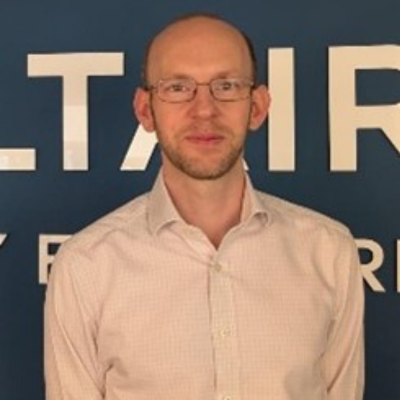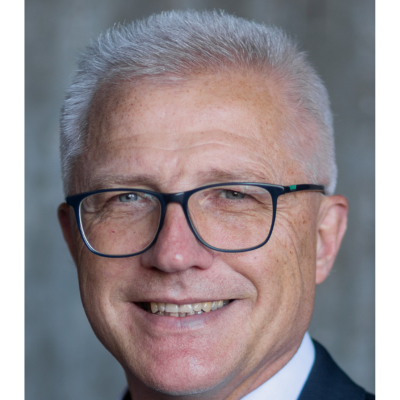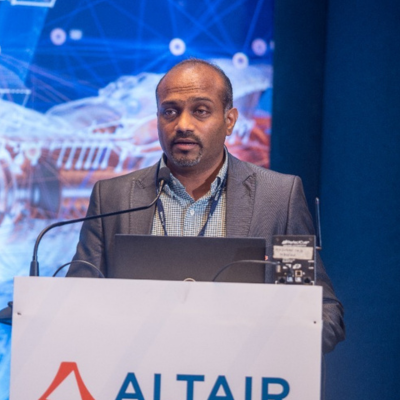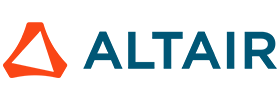Altair® EDEM™ for Academia: Simulation of Granular Materials
May 6, 2025 | 10 A.M. BST / 11 A.M. CEST
- Accelerate simulations with GPU-powered technology, reducing computation times significantly
- Enhance research accuracy by simulating real-world particle interactions across diverse applications
- Integrate seamlessly with FEA, CFD, and AI-driven optimization for advanced multi-physics studies
- Optimize material processing in fields such as chemical, mechanical, and process engineering.
Who Should Attend?
This webinar is tailored for:- Professors & Researchers looking for cutting-edge tools to advance their studies
- PhD & Postdoctoral Candidates seeking powerful simulation solutions for their research
- Masters Thesis Students exploring advanced computational modeling for their projects
Key Takeaways
- A deeper understanding of DEM and its applications for simulating bulk materials and complex particle interactions
- Insights into advanced simulation techniques, including the role of solvers, particle shape representation, and material calibration
- Real-world academic applications in adsorption processes, material characterization, and flow simulation
Agenda
Presenter: Senthil Arumugam,
Senior Sales Director, Altair
Duration: 5 minutes
Presenter: Stephen Cole, Senior Manager GTT, Altair.
Duration: 25 minutes
Presenter: Dr. Johannes Lindner, Dean of Studies for Chemical Engineering, University Rosenheim
Duration: 15 minutes
Discrete Element Method to simulate the filling of packed beds
Presenter: Dr. Peter Erdmann, Professor of Mobile Machinery, Cologne University of Applied Sciences
Duration: 15 minutes
Getting on to the Track of Particle Behavior - Numerical Simulation in Teaching Modules at Universities
Duration: 5 minutes
Ask the questions that were not covered during the webinar and get first-hand answers.
Presenters

Stephen Cole
Senior Manager GTT,
Altair
.png?width=400&name=Design%20ohne%20Titel%20(1).png)
Dr. Johannes Lindner
Dean of Studies for Chemical Engineering, University Rosenheim

Dr. Peter Erdmann
Professor of Mobile Machinery,
Cologne University of Applied Sciences

Senthil Arumugam
Senior Sales Director,
Altair


